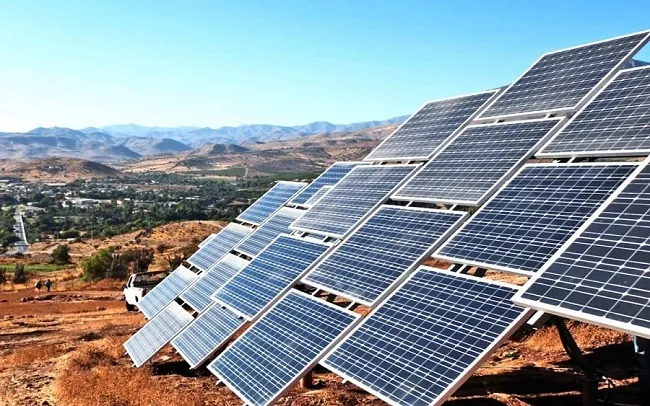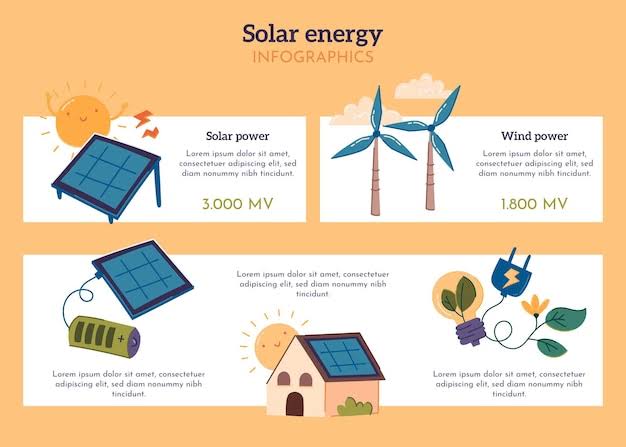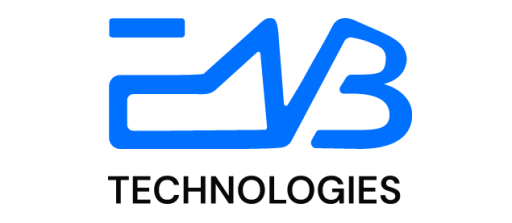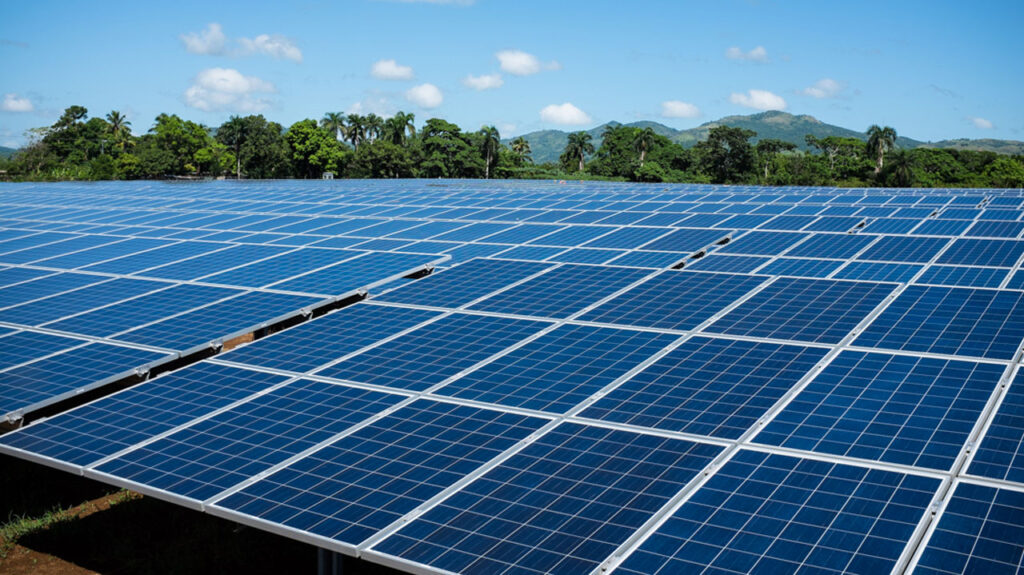Solar Gold Rush: Unearth Secret State & City Grants Paying Businesses to Go Green!
As energy costs continue to rise globally, Nigerian businesses are increasingly looking toward solar energy as a solution for long-term savings, sustainability, and energy independence. While international examples—like generous state and city grants in the U.S.—showcase how businesses are being rewarded for going green, there’s a growing movement in Nigeria as well. This post uncovers both global inspiration and local opportunities.
International Inspiration: How Grants Are Fueling Solar Adoption
Around the world, governments are rolling out attractive incentives to encourage businesses to adopt solar energy. For example:
Maryland’s Million-Dollar Solar Boost for Businesses: Up to $1,700 per kW-dc for qualifying businesses, with grants capped at $500,000 or 75% of project costs—whichever is lower. The program targets small, minority, veteran, or disabled veteran-owned businesses, and those with substantial energy needs1.
Pennsylvania’s Solar Energy Program: Grants up to $1 million or $1.50 per watt, whichever is less, for solar generation or distribution projects. Recipients must transfer Solar Renewable Energy Credits to the state for the project’s lifetime1.
Boulder, Colorado: Nonprofits can receive up to $35,000 in solar grants, and businesses can access sales and use tax rebates for solar installations1.
New York’s NY-Sun Program: Offers cash rebates for commercial and industrial solar projects, with amounts varying by region and project size1.
Massachusetts SMART Program: Pays businesses for every kilowatt-hour of solar electricity generated, providing a long-term revenue stream1.
Minnesota’s Public Buildings Grant: Up to 70% of project costs covered for solar on public buildings, with grants ranging from $36,000 to $84,0001.
These programs show how targeted incentives can dramatically reduce the cost of solar adoption and create ongoing financial benefits.

Let’s bring it down to Nigeria: What’s Available for Businesses?
While Nigeria’s solar incentive landscape is still evolving, several exciting developments are worth noting:
State and Federal Initiatives
Federal Government Solar Initiatives: Nigeria’s federal government has launched initiatives such as the Solar Power Naija program, aiming to deliver 5 million solar connections to households and businesses by 2023 (later extended due to implementation challenges). While primarily targeted at households and mini-grids, there are opportunities for businesses to participate, especially as off-grid solar solutions grow.
State-Level Solar Projects: Some Nigerian states, like Lagos, are piloting solar projects for public institutions and are increasingly open to partnerships with private businesses for commercial solar adoption.
Tax Incentives and Duty Waivers: The Nigerian government offers import duty waivers for renewable energy equipment, reducing upfront costs for businesses investing in solar technology.
City and Private Sector Opportunities
Lagos State Example: Lagos has shown interest in promoting solar energy through public-private partnerships. Businesses in Lagos can explore opportunities to collaborate with the state government on solar projects, especially in commercial and industrial zones.
Private Sector Grants: International organizations and local financial institutions sometimes offer grants or low-interest loans for green energy projects. For instance, the Bank of Industry and some commercial banks have green financing windows for renewable energy projects.
Corporate Social Responsibility (CSR) Programs: Some multinationals and large Nigerian companies offer grants or technical support for small businesses to adopt solar energy as part of their CSR initiatives.
How to Access Solar Grants and Incentives in Nigeria
1. Identify Available Programs and Eligibility Criteria
Federal Initiatives: The Nigerian government’s Solar Power Naija program is a flagship initiative aimed at expanding solar access, including for businesses. While the program primarily targets households and mini-grids, commercial enterprises—especially those in rural or underserved areas—can sometimes participate through partnerships or as implementers of solar projects.
State-Level Programs: Some states, notably Lagos, are piloting solar projects for public institutions and may offer grants or subsidies for private sector involvement, especially if the business’s project aligns with state energy or climate goals.
Import Duty Waivers: The federal government offers import duty exemptions for renewable energy equipment. Businesses must apply for these waivers through the Ministry of Power or the Ministry of Finance, typically working with a licensed customs agent.
Private Sector and International Grants: Organizations like the Bank of Industry, local commercial banks, and international donors (such as the World Bank, African Development Bank, or USAID) sometimes have dedicated funds or low-interest loans for renewable energy projects.
2. Understand the Application Process
Federal Programs: For initiatives like Solar Power Naija, businesses should monitor the Rural Electrification Agency (REA) website and subscribe to newsletters for calls for proposals or partnership opportunities.
State-Level Grants: Businesses should engage with state energy ministries or agencies, attend relevant workshops, and respond to open calls for solar or green energy projects.
Duty Waivers: To access import duty exemptions, businesses must:
Obtain a certificate from the Ministry of Power or another relevant ministry confirming the solar equipment qualifies.
Submit the certificate and relevant documentation to the Nigeria Customs Service.
Work with a licensed customs agent to process the waiver.
Private and International Funding: Businesses should research and apply for grants or loans through the Bank of Industry, commercial banks, or international development agencies. Applications often require a detailed business plan, project proposal, and evidence of technical and financial capacity.

3. Leverage Industry Associations and Networks
Renewable Energy Association of Nigeria (REAN): Membership in REAN provides access to information on upcoming grants, training, and networking opportunities.
Energy and Sustainability Forums: Attending industry events, such as the Nigeria Energy Conference, can help businesses stay informed about new funding opportunities and connect with potential partners or funders.
4. Prepare a Strong Application
Business Plan: Clearly outline the project’s objectives, expected outcomes, and financial projections.
Technical Proposal: Include details about the solar system design, implementation timeline, and maintenance plan.
Financial Documentation: Provide evidence of financial stability and, if required, proof of matching funds or co-investment.
Compliance and Permits: Ensure all necessary permits and environmental impact assessments are secured before applying.
5. Act Quickly and Stay Informed
Monitor Announcements: Many grants and incentives are time-bound and may be awarded on a first-come, first-served basis.
Follow Up: After submitting an application, follow up with the relevant agency or organization to confirm receipt and ask about the review timeline.
Seek Professional Assistance: Consider hiring consultants or legal advisors with experience in renewable energy projects to navigate complex application processes and compliance requirements.
Practical Steps for Nigerian Businesses
Research: Regularly check official government and industry association websites for new grant announcements.
Network: Engage with local energy agencies, industry associations, and international organizations for insider information and support.
Documentation: Assemble all required documents, including business registration, tax clearance, and project proposals.
Application: Submit complete and well-prepared applications before deadlines.
Follow-Up: Maintain communication with funding agencies and respond promptly to any requests for additional information.






